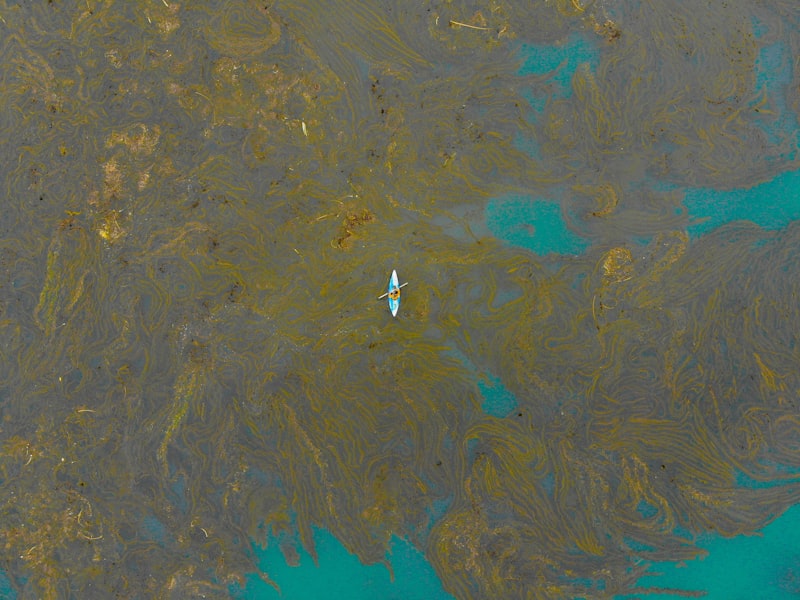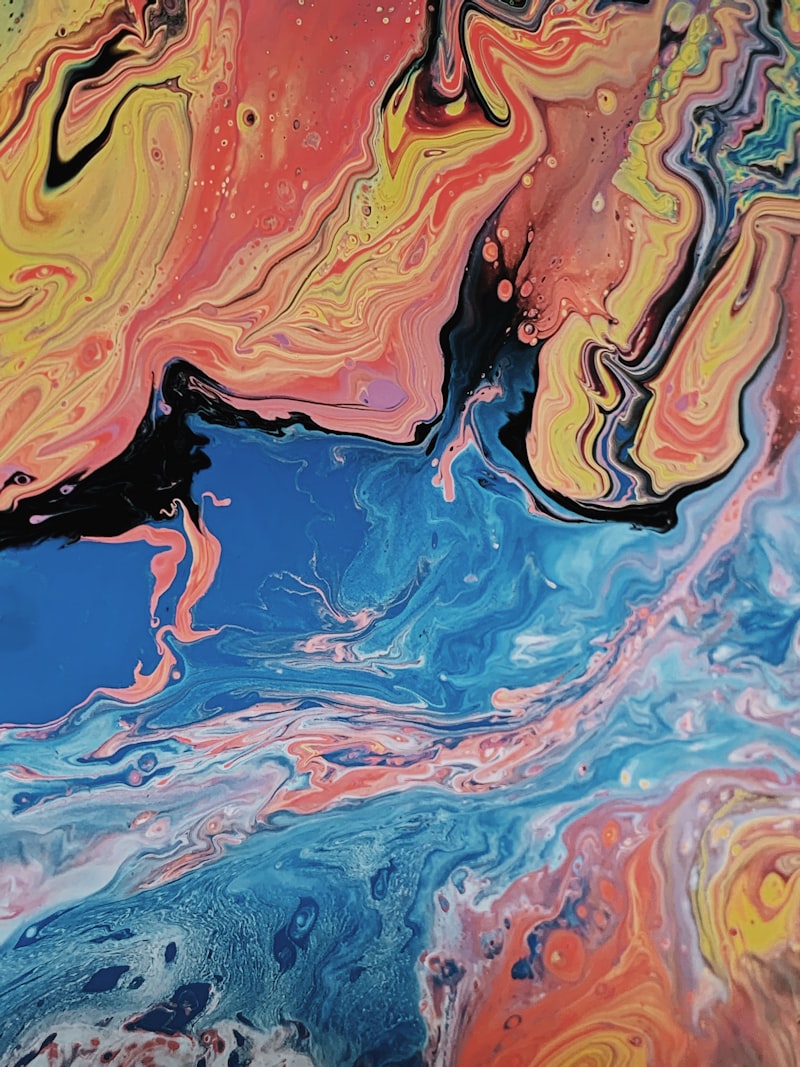Oil is considered one of the most important energy sources of our time. However, oil spills can pose a serious threat to the environment. Oil spills in seas, soils or groundwater sources can harm ecosystems and human health. So, how to prevent oil spills?
The first step is to prevent oil spills. Oil leaking from offshore oil platforms or oil tankers can spread rapidly and cause major damage to the environment. Therefore, oil platforms and tankers must follow strict safety protocols and undergo regular maintenance. It is also important that oil pipelines are regularly inspected and maintained.
When oil spills are unavoidable, it is critical to respond quickly. If an oil spill is detected, emergency teams must act immediately and take the necessary measures to prevent the spill from spreading. These measures include collecting and cleaning up oil on the sea surface, installing dikes to protect coasts, and detecting and sealing subsea leaks.
Technological innovation is also crucial for the prevention and containment of oil spills. Advanced sensor systems and remote sensing technologies can help detect oil spills at an early stage, which can enable a rapid response. It is also possible to clean up oil pollution through biological cleaning methods and the use of microorganisms.
A number of measures must be taken to prevent oil spills. Safety protocols and regular maintenance are vital, as well as rapid response and technological innovation. However, it is important to remember that the most important step is to reduce the use of oil and turn to alternative energy sources. In this way, the impacts of oil spills can be minimized and the environment less harmed.
Danger at Sea: Oil Spill and Environmental Impacts
There is a threat lurking among the blue waves of the sea: oil spills. This danger not only affects marine life, but also people and the ecosystem. Oil spills contaminate seawater and affect coasts and beaches. So what are the environmental impacts of oil spills and how can we tackle this threat?
Oil spills are a serious problem that pollute seawater and endanger marine life. Oil forms a film on the surface of the water, preventing sunlight from passing through. This makes it difficult for sea creatures that feed through photosynthesis to survive. In addition, fish and other sea creatures living in oil-polluted waters are at risk of death by coming into contact with toxic chemicals.
In addition to these environmental impacts, oil spills also harm human health. Oil vapors can cause respiratory ailments and skin irritation. Oil pollution also affects seafood, damaging the food chain and reducing the amount of fish and seafood available for human consumption.
However, it is premature to lose all hope. A number of measures can be taken to reduce the environmental impact of oil spills. First, stricter safety standards and inspections should be implemented during oil drilling and transportation. Also, advanced technologies and emergency response teams should be established to detect and quickly respond to oil spills.
Oil spills at sea can cause serious environmental impacts and harm to human health. However, with the right measures, there are ways to tackle this threat. To ensure a clean and healthy marine environment for future generations, we must act decisively to prevent oil spills and minimize their impacts.
Innovation and Environmental Protection: Ways to Combat Oil Pollution
Oil pollution is a major environmental problem that threatens wildlife and human health. However, today, with increasing innovation and technology, new ways are being explored to effectively combat oil pollution. In this article, we will explore how innovations and new technologies in environmental protection can be used to combat oil pollution.
Alongside traditional cleaning methods, microbial cleaning technologies are a new source of hope in the fight against oil pollution. The natural ability of microorganisms to break down oil plays an important role in the development of these technologies. These methods involve the use of microorganisms in areas contaminated with oil pollution and help to naturally destroy oil without harming the environment.
Also playing an important role are robotic systems developed to detect oil spills on the seabed or in coastal areas. These robots can scan underwater areas in detail and quickly detect oil spills, saving time for cleanup teams. In this way, the extent of environmental damage is minimized and the spread of pollution is prevented.
However, innovation is not limited to cleaning technologies. The development of alternative energy sources can also reduce the risk of future pollution by reducing dependence on oil. Renewable energy sources such as solar power, wind power and hydrogen fuel cells can reduce dependence on fossil fuels, reducing pressure on the environment.
Innovation and environmental protection offer promising new ways to combat oil pollution. New approaches such as microbial cleaning technologies, robotic systems and alternative energy sources play an important role in protecting the environment and reducing oil pollution. Further development and deployment of these technologies will help us leave a cleaner environment for future generations.
Wildlife Conservation Efforts: Impact of Oil Spills on Ecosystems
Oil spills are a serious threat to wildlife, and environmental scientists are working hard to understand their impact on ecosystems and increase conservation efforts. Oil can act like a poison, polluting our seas and terrestrial areas. However, the profound impacts of this disaster on wildlife are not limited to the amount of pollutants. At the same time, conservation efforts are rapidly evolving to understand and deal with how these spills affect wildlife.
To understand the impacts of oil spills on the ecosystem, scientists have been conducting various studies. These studies have revealed how oil spills affect underwater life, especially species such as seabirds, fish and marine mammals. Oil can form a layer on the water surface, coating seabirds' feathers and impairing their waterproofing properties. It can also contain many toxic compounds that can be fatal to marine mammals and fish.
These spills also negatively affect terrestrial ecosystems. Oil can contaminate the soil, reducing vegetation and soil fertility. It can stick to the leaves and trunks of trees, inhibiting photosynthesis, which can jeopardize the health and biodiversity of forests.
Wildlife conservation efforts focus on reducing the impacts of oil spills and restoring ecosystems. These efforts include cleaning up spills, rehabilitating affected species and restoring contaminated areas. In addition, long-term strategies such as tightening environmental regulations and shifting towards alternative energy sources can also contribute to wildlife conservation.
Oil spills are a serious threat to wildlife. However, thanks to conservation efforts and scientific research, important steps are being taken to understand and mitigate the impacts of these spills on the ecosystem. Continuing these efforts is vital to protect wildlife and leave a clean environment for future generations.
No More Marine Accidents with Technological Advances: Oil Spill Control

Marine accidents are disasters that can seriously threaten wildlife, the economy and human health. One of the most common consequences of such accidents is oil spills. However, thanks to technological advances and innovations in recent years, significant progress has been made in controlling marine accidents and especially oil spills.
With traditional methods, it can be quite difficult to contain an oil spill and prevent its spread. However, with new technologies, this process has become much more effective. For example, unmanned aerial vehicles (UAVs) and remotely piloted marine vessels can quickly locate and respond to an incident. They can quickly and precisely determine the extent of the oil spill and take the necessary measures to contain its spread.
Furthermore, advanced technologies such as artificial intelligence and machine learning play an important role in the management of marine casualties. By analyzing environmental factors and sea conditions, these technologies can help determine the most effective response strategies. Furthermore, automatically operated marine vehicles and equipment can speed up the response process and make it more efficient by minimizing human errors.
These technological advances offer a great opportunity to minimize the effects of marine accidents and protect natural life. However, for these technologies to be used effectively, they need to be continuously developed and improved. This is a step that will not only reduce the impact of environmental disasters, but also make our seas safer.
It is clear that technological advances play an important role in controlling marine accidents and preventing oil spills. Through advanced technology and innovation, we have the potential to minimize the impacts of future marine accidents. Therefore, the continuous support and development of these technologies is critical for the protection of our seas and the environment.
